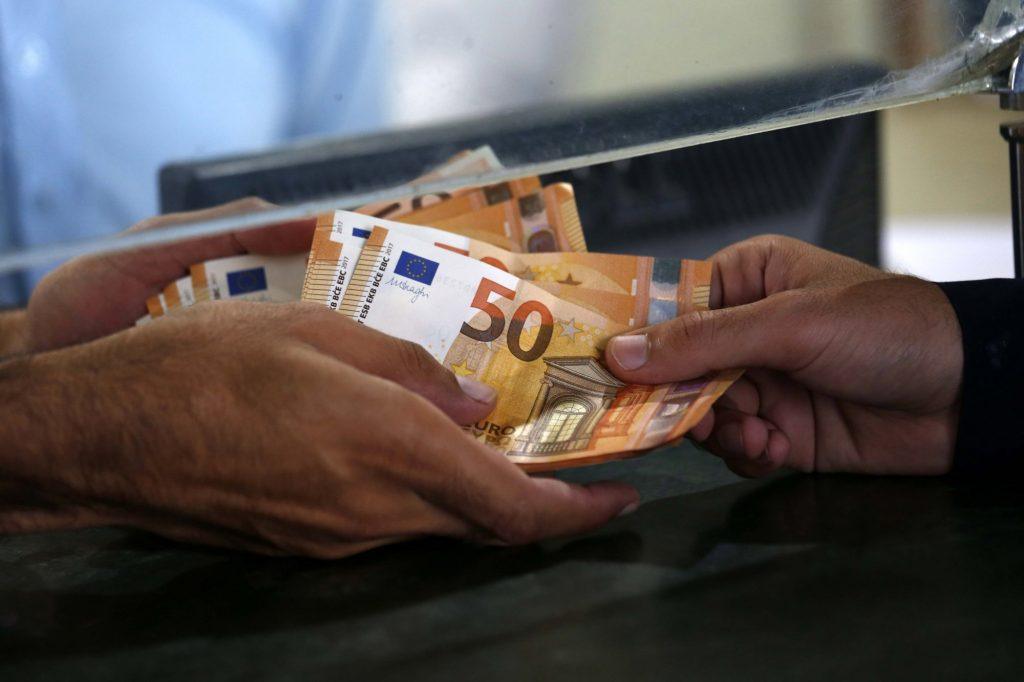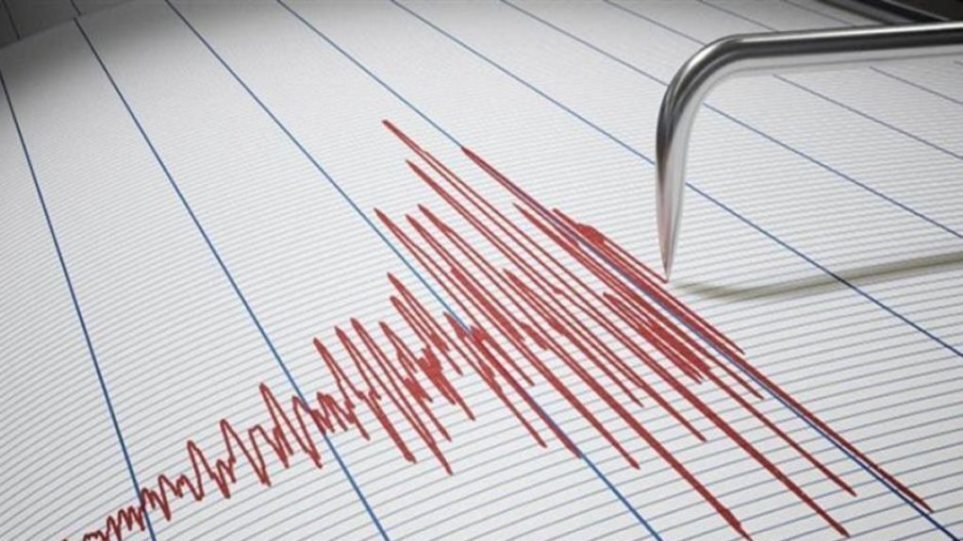Aglobal study by Kaspersky reveals that behaviors and romantic interactions have drastically changed in the digital era. This change is also reflected in the data emerging for Greece, which highlight a broad scope abuse via intimate images, also known as “revenge porn”.
According to the study, and specifically for Greece, one out of two (49%) participants disclosed that they themselves, or someone they know, have been subjected to some sort of abusive online behavior.
Data supports that “revenge porn” is more frequent among younger generations, with 63.38% of young people aged 16-24 and 68.14% of people aged 25-24 having been victims or knowing someone who has.
However, what is even more worrying is the lack of public awareness regarding the consequences related to sharing sensitive photos on someone else’s device, with only 28.29% of the individuals who had shared private images requesting their deletion from the recipient’s device.
The research also brings to light the widespread trend of “victim blaming”, as more than half of the study participants admitted that the person who shares a sensitive photo is solely responsible if it ends up in the wrong hands.
Sophie Mortimer, Revenge Porn Helpline manager at SWGfL, commented: “It’s time to initiate a broader conversation about the importance of consent, to strengthen users’ understanding of online safety, and to make it clear that the perpetrators are solely responsible for abuse through the exposure of personal photos.”
What is more, according to the study, men and women approach the sharing of personal photos differently, with 26.61% of men admitting they have received and stored nude content, while only 12.6% of women have done the same.
Additionally, 11.29% of men confessed to sharing intimate images they received with others without consent, while 16.53% admitted to sharing a personal photo of themselves with someone they have never met in person.
Source: tovima.com










































